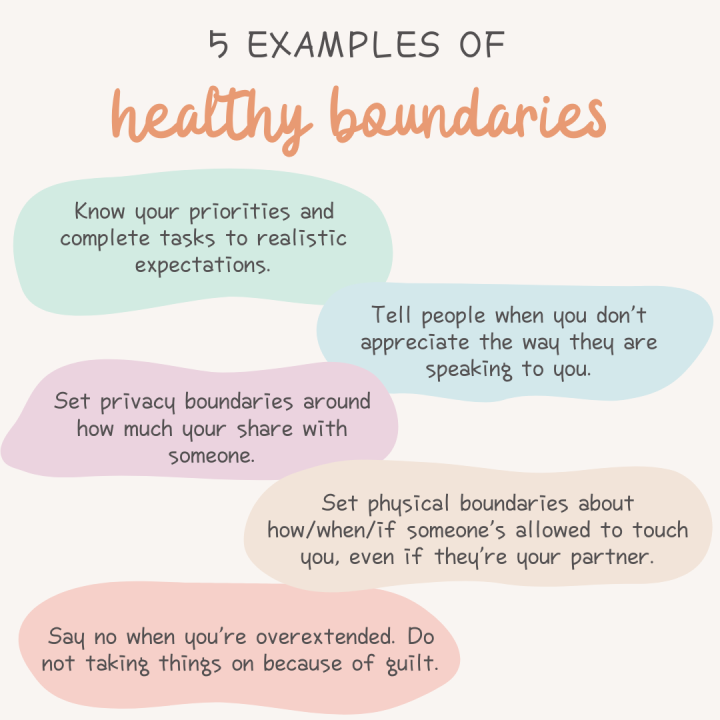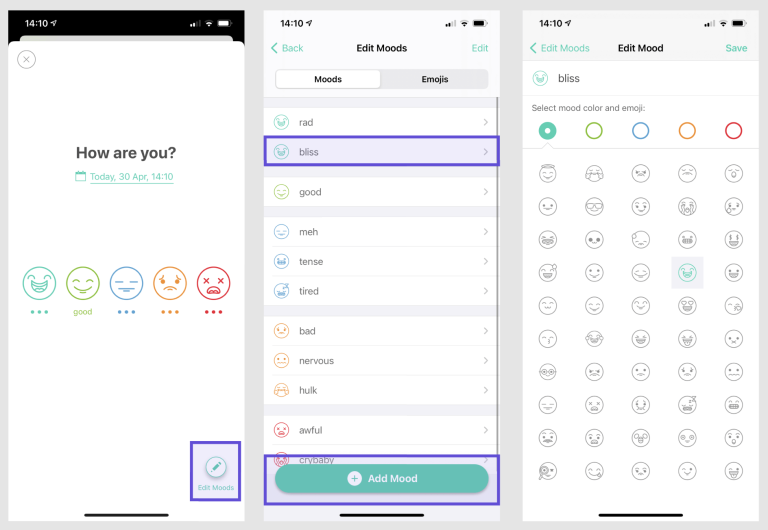Have you ever wondered what to do after a mental breakdown? The answer is self-love. Experiencing a breakdown can leave you feeling emotionally drained and unsure of how to move forward. Life’s unexpected challenges can sometimes push us to our limits, making it difficult to maintain our mental well-being.
During these tough times, self-love becomes crucial. Nurturing yourself after a breakdown is not only about recovering; it’s also about rebuilding your inner strength. Taking the first step towards self-love can be overwhelming, but it’s essential to know that healing is a process.
With consistent, mindful efforts, you can find peace and regain your emotional stability. Here are seven practical self-love tips to help you start feeling better after a breakdown.
1. Give Yourself Permission to Rest
After experiencing a breakdown, it’s important to take a step back and allow yourself some time to rest. Pushing through stress without giving your mind and body a break can lead to further emotional exhaustion.
Find a quiet place where you feel comfortable, and let your body relax. Resting doesn’t only mean sleeping; it can also mean taking a mental break from daily tasks or responsibilities that feel overwhelming. Remember, taking time for yourself is not selfish—it’s necessary for your recovery.
2. Practice Mindful Breathing
Mindful breathing is a simple yet powerful tool to calm your mind and reduce anxiety. When you feel overwhelmed, find a comfortable spot, close your eyes, and take deep breaths. Focus on the rhythm of your breath, letting go of any stressful thoughts.
Mindful breathing helps in centering your thoughts and grounding your emotions. Doing this regularly can provide relief and make you feel more in control of your mental state. It’s a small step that can lead to significant improvements in how you feel.
3. Start a Daily Gratitude Journal
Writing down things you’re grateful for can shift your focus from what’s wrong to what’s going right in your life. Each day, take a few minutes to write down three things that made you feel good. They don’t have to be big accomplishments; even small joys count.
A warm cup of coffee, a kind word from a friend, or a sunny day—these little moments can add up, creating a positive mindset over time. Focusing on gratitude helps you recognize the good things in your life, promoting feelings of happiness and contentment.
4. Set Realistic Boundaries

Learning to say no is an essential part of self-love. After a breakdown, it’s crucial to protect your emotional energy. Setting realistic boundaries means being honest about what you can handle. If certain activities, people, or situations make you feel drained, it’s okay to step back.
Communicating your limits clearly and respectfully will help you maintain your mental well-being. Protecting your emotional space is a sign of strength, not weakness, and it allows you to heal at your own pace.
5. Engage in Physical Activity
Physical activity is a great way to boost your mood and relieve stress. You don’t need to commit to intense workouts; even a short walk can have a positive impact on your mental health. Exercise releases endorphins, which are natural mood lifters.
Whether it’s yoga, dancing, or simply stretching, find an activity that you enjoy. Moving your body not only improves your physical health but also helps clear your mind, giving you a sense of accomplishment and boosting your overall well-being.
6. Reach Out for Support
It’s okay to ask for help when you’re feeling down. Whether it’s talking to a trusted friend, or family member, or seeking professional support, reaching out can provide comfort and relief. Sharing your feelings with someone who understands can lighten your emotional load.
You don’t have to go through this alone. Support systems are essential for healing, as they remind you that you’re not isolated. Connecting with others can bring a sense of belonging and reassurance during difficult times.
7. Practice Self-Compassion
Being kind to yourself is one of the most powerful acts of self-love. Avoid harsh self-criticism and negative self-talk, which can make you feel worse. Instead, practice self-compassion by speaking to yourself as you would to a friend.
Acknowledge your struggles without judgment and remind yourself that it’s okay to have bad days. Healing takes time, and being patient with yourself is key. Practicing self-compassion helps build resilience, allowing you to recover more effectively from emotional setbacks.
Healing after a breakdown is a journey that requires patience, self-care, and consistent effort. By incorporating these self-love tips into your daily routine, you can gradually restore your emotional balance and build a stronger, more resilient version of yourself.
Remember, taking care of your mental health is just as important as caring for your physical health. Be gentle with yourself, and know that it’s possible to feel whole again and to continue growing in all aspects of your life.






